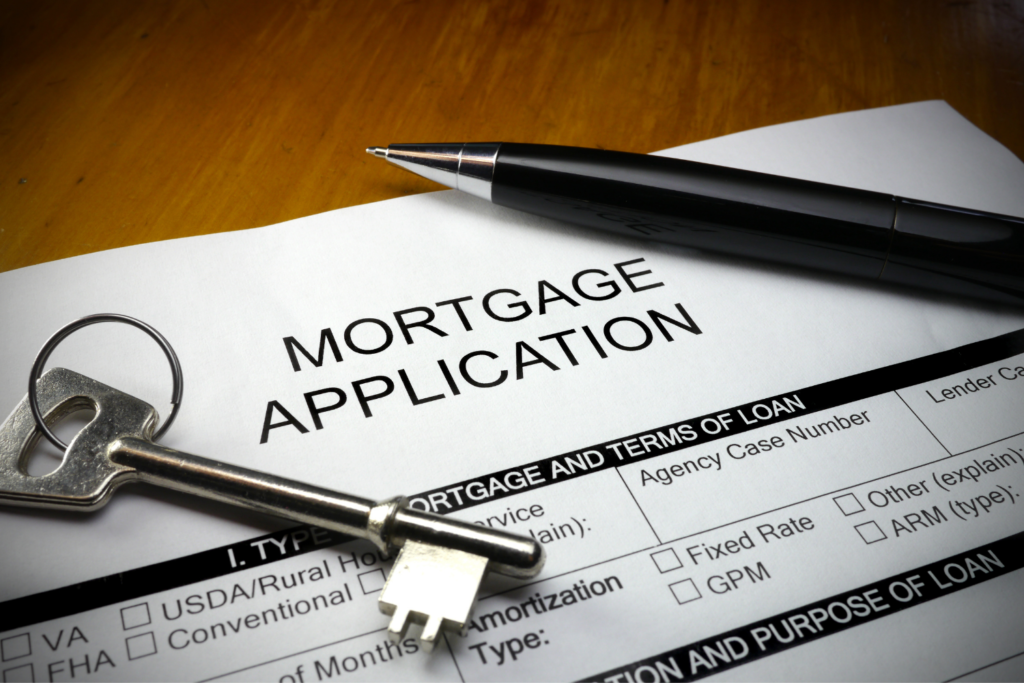
Research conducted by the American Psychological Association states that 2 out of 3 adults in America report finances as a source of significant stress in day-to-day life. Prolonged financial stress can have numerous negative effects on one’s physical and mental health, such as frequent nervous breakdowns, panic attacks, delayed healthcare, and in some cases, act as a pathway to substance abuse. But no matter how bad your current financial position is, it is important to understand that you have the power to turn things around through effort, consistency, and good planning. This article will serve as an in-depth guide regarding the best ways to overcome financial stress and take control of your life.
Contents
1. Create a Budget
Creating a budget will help you accurately track the inflow and outflow of money on all activities conducted during the month. The simplest way to create a budget is to create two columns, whether on paper or an excel sheet. On one side, list all your expenses such as groceries, utility bills, rent, transportation costs, leisure activities, and more. On the other side, mention all sources of income which can be your salary, earnings from investments, etc.
Ideally, your earnings should exceed expenses with some room to spare. If that’s not the case, start identifying areas to cut back expenses, which can include switching to a cheaper internet plan and reducing non-essential spending.
2. Pay Off Debt
Missing debt payments can significantly increase your repayment burden, especially if it is a high-interest debt such as credit cards. For each missed payment, you’ll be charged a penalty, and the interest will be calculated on the total acquired amount.
Once you recognize areas where you can cut back spending, channel the funds towards increasing your debt payments to either get back on schedule or make early repayments. Or you can consider debt consolidation.
Liberty1 Financial can help individuals reduce their debt by offering debt consolidation services, which combine multiple debts into a single, more manageable loan, often with lower interest rates, allowing borrowers to streamline their payments and work towards financial freedom more effectively.
3. Prioritize Savings
As reported by the Federal Reserve, 32% of Americans do not have enough savings to cover an emergency expense of $400. Even if your financial situation allows you to cover such an expense, it is an extremely low bar to follow. Ideally, one should have an emergency fund to cover at least 2-3 months of expenses.
If you do not have an emergency fund, now is the time to do so. Make a provision in your budget to save between 10-20% each month. This money can be kept in a high-yield savings account or a money market account. Once you have a significant corpus, consider buying a certificate of deposit or investing it in the market through an investment professional.
4. Start a Side Hustle
One of the best ways to increase your monthly income is to start a side hustle. Prominent options to consider include becoming a freelance writer, virtual assistant, customer service agent, or drop shipping. Additionally, you can start an e-commerce business to sell goods such as jewelry, soaps, merchandise, cakes, and other eatables.
Before starting, remember to establish your business as a Limited Liability Company (LLC). With an LLC, your finances and assets will be protected from business-related debts. Additionally, you can claim business expenses such as the purchase of equipment, utility bills, and more as tax write-offs. To avoid the hassle of managing paperwork and doing the rounds of government offices, work with a formation service that will handle all the requirements for establishing an LLC and ensure your business is compliant with local and state regulations.
Here’s a free guide to help you learn more about how to start an LLC.
5. Set Financial Goals
Having financial goals is important to help you stay on track towards being smart with money. Additionally, having long-term goals will help you budget better in the present as you’ll adjust your spending accordingly and know which areas to channel the most money towards.
One of the best financial goals you can set is to buy a house. If you’ve never been a homeowner this will be a lofty challenge, but the difficulty it poses will motivate you to remain disciplined and consistently save. Additionally, here are two ways you can accelerate the process of becoming a homeowner:
- Work with a Financial Advisor: Financial advisors are professionals who guide clients on the best practices regarding money and help them achieve financial goals. Based on your current financial position, spending habits, and savings, a financial advisor will create a personalized plan which will provide you with a clear idea regarding the steps you should take to become a homeowner in a fixed amount of time which can be 5-10 years or less.
- Apply for Down Payment Assistance Programs: As the name suggests, these are programs that help homebuyers afford down payments which is an integral part of the home buying process. These programs are run by the government, non-profits, and various private lenders.
They are categorized into three categories – grants, which borrowers don’t need to repay; loans, which need to be repaid but often have better terms than those offered by banks; and lastly tax credits which help individuals save on their yearly payments. Over time, the money saved can become significant enough to afford the necessary down payment on the home.
6. Make Time for Exercise
You won’t experience the benefits of developing good financial habits overnight. But, one thing you can do to alleviate stress and develop good physical and mental health is exercise. A simple 30-minute workout a day will make you feel happier and healthier and will also grow your glutes. This is because when we exercise, our body releases a combination of feel-good hormones that counter stress and provide an instant boost in mood. Your exercise regime should include bodyweight exercises, cardio activities, or a combination of both.

As we’ve discussed in this article, there are various ways through which you can take control of your money habits and become financially stable. Creating a budget is a greater start, but you’ll need to combine it with starting a side business and taking advantage of funding programs to turn the tide in your favor faster.




